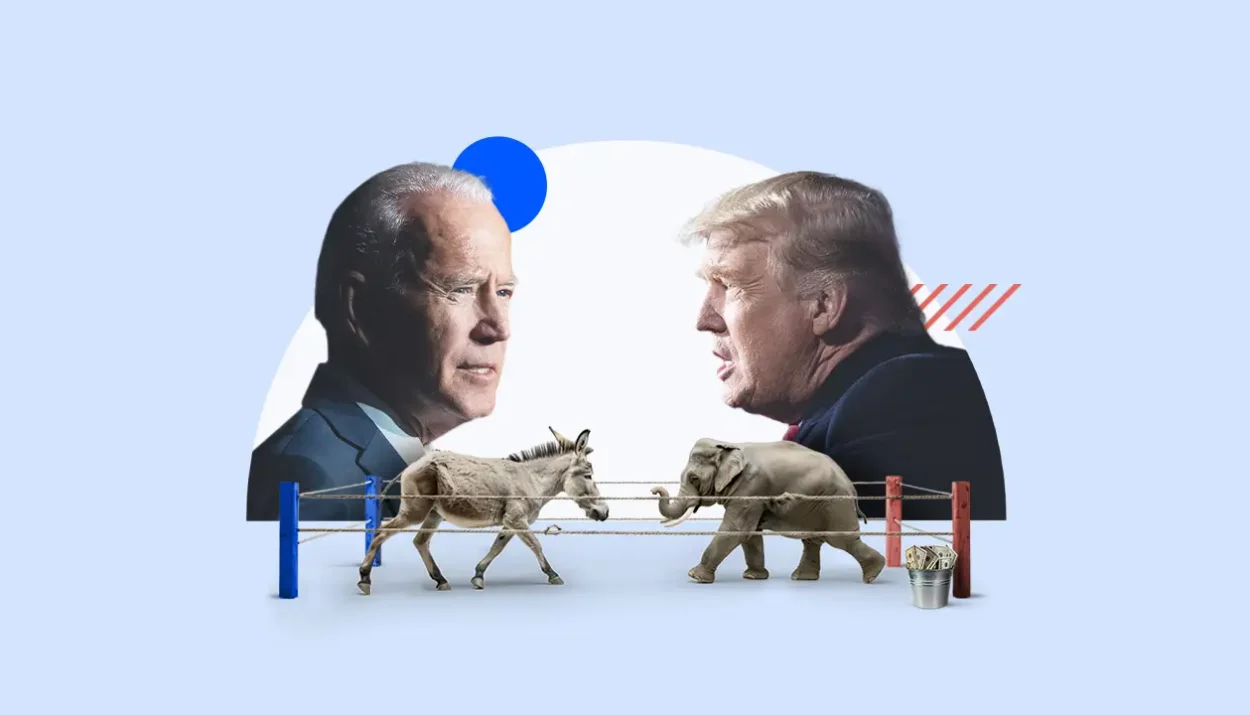With the 2024 presidential election approaching, a key economic question arises: Could a deregulatory policy agenda under a potential second Trump administration boost economic activity?
Both candidates face constraints on further fiscal expansion. Former President Trump advocates deregulation to stimulate domestic growth, while President Biden’s policies emphasize environmental and workers’ rights, affecting large corporations.
During Trump’s first term, key deregulatory actions targeted environmental, energy, and financial regulations, and net neutrality. However, some restrictions increased, such as those on drug prices and nicotine products.
A second Trump term would likely prioritize easing regulatory hurdles for oil and gas development, expanding LNG exports, and reversing restrictions on greenhouse gas emissions. Financial regulation might also shift, with changes in consumer finance regulations expected sooner than adjustments in capital and liquidity requirements. Antitrust enforcement might ease slightly, though major tech sector cases would likely persist.
Sectors that could benefit from deregulation, such as gaming and capital markets, are already showing strength in the equity market. While reduced regulation could boost activity, the overall macroeconomic impact of Trump’s first-term deregulation was limited.
Thus, while specific industries may benefit, the overall effect on economic growth remains uncertain.










